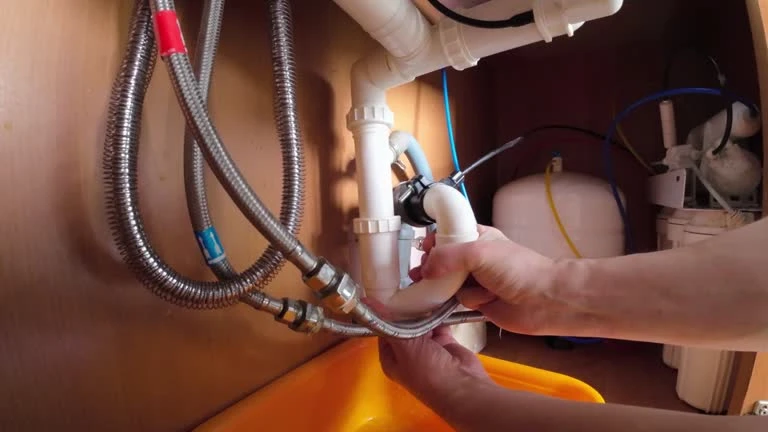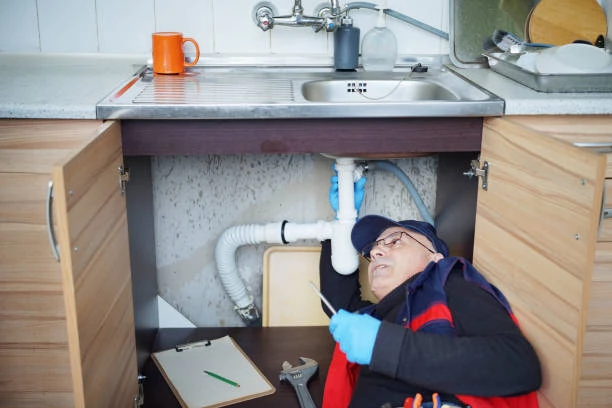Introduction to Lightweight Valve Plastic
Lightweight valve plastic revolutionizes DIY projects. This material combines durability with ease of use. Many DIY enthusiasts prefer it for its versatility. You can mold it into various shapes effortlessly. Its lightweight nature reduces project fatigue. Additionally, it resists corrosion and chemicals effectively. This makes it ideal for diverse applications. For example, gardeners use it for irrigation systems. Hobbyists create custom air compressors with it. Its affordability also attracts budget-conscious makers. Overall, lightweight valve plastic enhances DIY creativity. Its growing popularity stems from its adaptability and ease of handling. Beginners and experts alike find it indispensable.
Benefits of Using Lightweight Valve Plastic
Lightweight valve plastic offers numerous advantages. First, it significantly reduces the overall weight of projects. This feature benefits portable designs like camping gear. Second, it ensures excellent durability under stress. You can rely on it for long-term use. Third, it provides superior resistance to environmental factors. Rain, sun, or chemicals won’t degrade it quickly. Fourth, it simplifies the assembly process. You don’t need heavy tools to work with it. For instance, crafting a small water pump becomes easier. Finally, it’s eco-friendly and recyclable. This aligns with sustainable DIY practices. Its low maintenance requirements further add to its appeal. Makers appreciate its cost-effectiveness and reliability.
Applications in DIY Projects
Lightweight valve plastic suits various DIY applications. One common use is in plumbing systems. You can create custom valves for home water systems. Another application is in automotive modifications. Builders use it for lightweight fuel or air valves. It’s also popular in aquaponics and hydroponics setups. Gardeners design efficient water flow systems with it. Additionally, it works well in pneumatic projects. For example, you can build a mini air cannon. Artists even use it for kinetic sculptures. Its adaptability makes it a go-to material for innovators. From robotics to home repairs, its uses are endless. Its versatility inspires creativity across disciplines.
How to Choose the Right Valve Plastic
Selecting the right lightweight valve plastic matters. Consider the project’s specific requirements first. For high-pressure systems, opt for reinforced plastics. If flexibility is key, choose softer variants. Check the temperature resistance for heat-related projects. Also, ensure it’s compatible with other materials. For example, pairing it with metal parts requires careful selection. Look for UV resistance for outdoor projects. Always verify the manufacturer’s specifications. This ensures optimal performance and safety. Reading user reviews can also guide your decision. Testing samples beforehand can prevent costly mistakes. Consulting experts can provide additional insights.
Tips for Working with Lightweight Valve Plastic
Working with lightweight valve plastic requires some tips. Use sharp tools for clean cuts. Dull blades may cause cracks or uneven edges. Sand the edges smoothly to prevent leaks. Apply heat carefully when bending or molding. Overheating can weaken the material. Use adhesives designed for plastics. Regular glue may not bond effectively. Test the valve’s functionality before final assembly. This saves time and resources. Lastly, wear safety gear like gloves and goggles. This protects you during the crafting process. Keeping a clean workspace also improves efficiency. Practicing on scrap pieces can build confidence.
Future Trends in Lightweight Valve Plastic
The future of lightweight valve plastic looks promising. Innovations focus on enhancing strength and flexibility. Researchers are developing biodegradable options. This aligns with global sustainability goals. Smart plastics with embedded sensors are also emerging. These can monitor pressure or temperature changes. DIY enthusiasts will benefit from these advancements. For example, smart valves can automate irrigation systems. The material’s affordability will likely improve further. This ensures wider accessibility for hobbyists and professionals alike. Lightweight valve plastic will continue shaping DIY innovations. Its evolution will inspire more creative and sustainable projects. The possibilities for its use are virtually limitless.
IFAN Products international standards
IFAN products strictly adhere to a comprehensive range of international standards, encompassing ISO 15874, EN 15874, ASTM F2389, DIN 8077/8078, GB/T 18742, NBR 15884, ISO 15494, EN ISO 15494, GB/T 19472, NBR 15494, ASTM 2846 (501), DIN 8079/8080 (502), ASTM F441/F441M SCH80 (503), DIN (504), DIN (505), GB/T 18993, AS/NZS 1477, CSA B137.6, NSF/ANSI 14, TIS 17-2532/1131-2535, BS 3505, BS 4346 (801), ASTM D1785 SCH40 (802), ASTM D1785 SCH80 (803), DIN (804), GB (805), GB (806), GB(901), DWV(902), ASTM D2665 (903), along with ASTM D2241, D2665, D2729, and F441/F441M series, ISO 1452, EN ISO 1452, DIN 8061/8062, GB/T 10002, AS/NZS 1477, JIS K6741, CSA B137.3, and other national and industry norms.
Connect
IFAN is a Chinese manufacturer of plastic pipes, fittings and valves with 30 years of experience. If you are interest in IFAN copper fittings, copper valves, plastic pipes and fittings, please contact us. IFAN offers you a variety of standard pipes to meet your specific needs. Click below to learn more about IFAN’s wide range of affordable and cost-effective valve products and piping system related products.
We will reply your email or fax within 24 hours.
You can call us at any time if there is any question on our production.
For more information,pls visit our webside https://waterpipefitting.com/
Pls Mailto: [email protected]
Whatsapp: +86 15088288323














Recent Comments